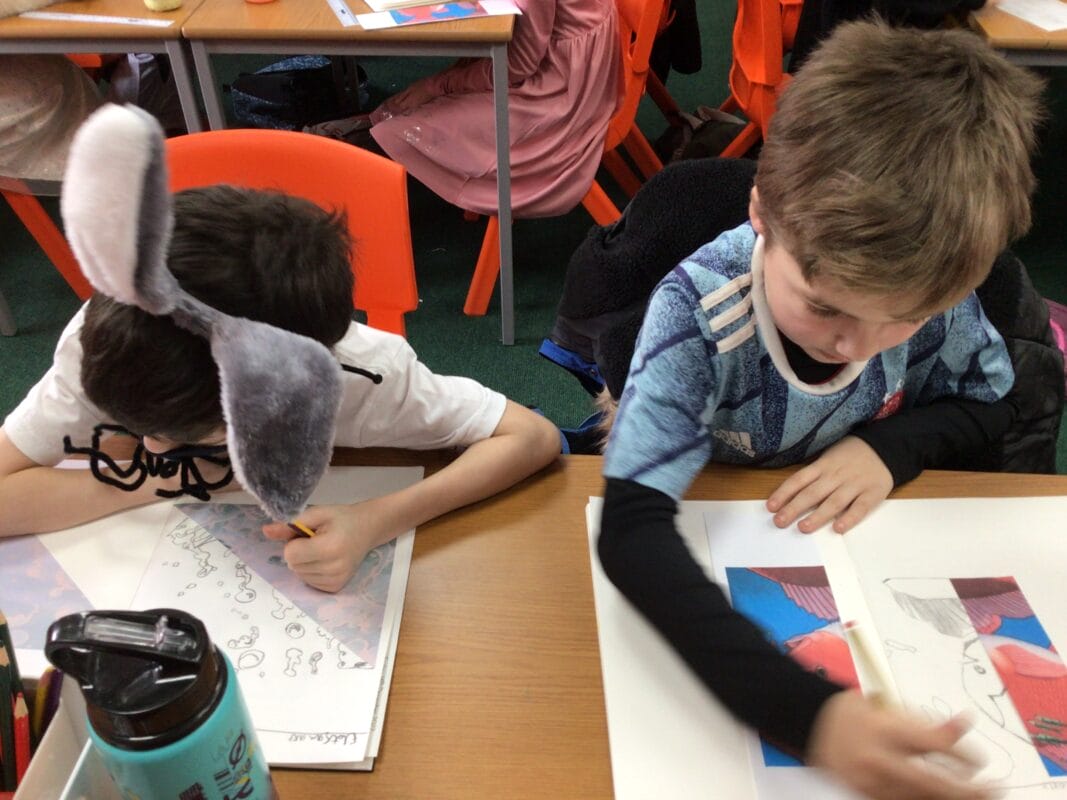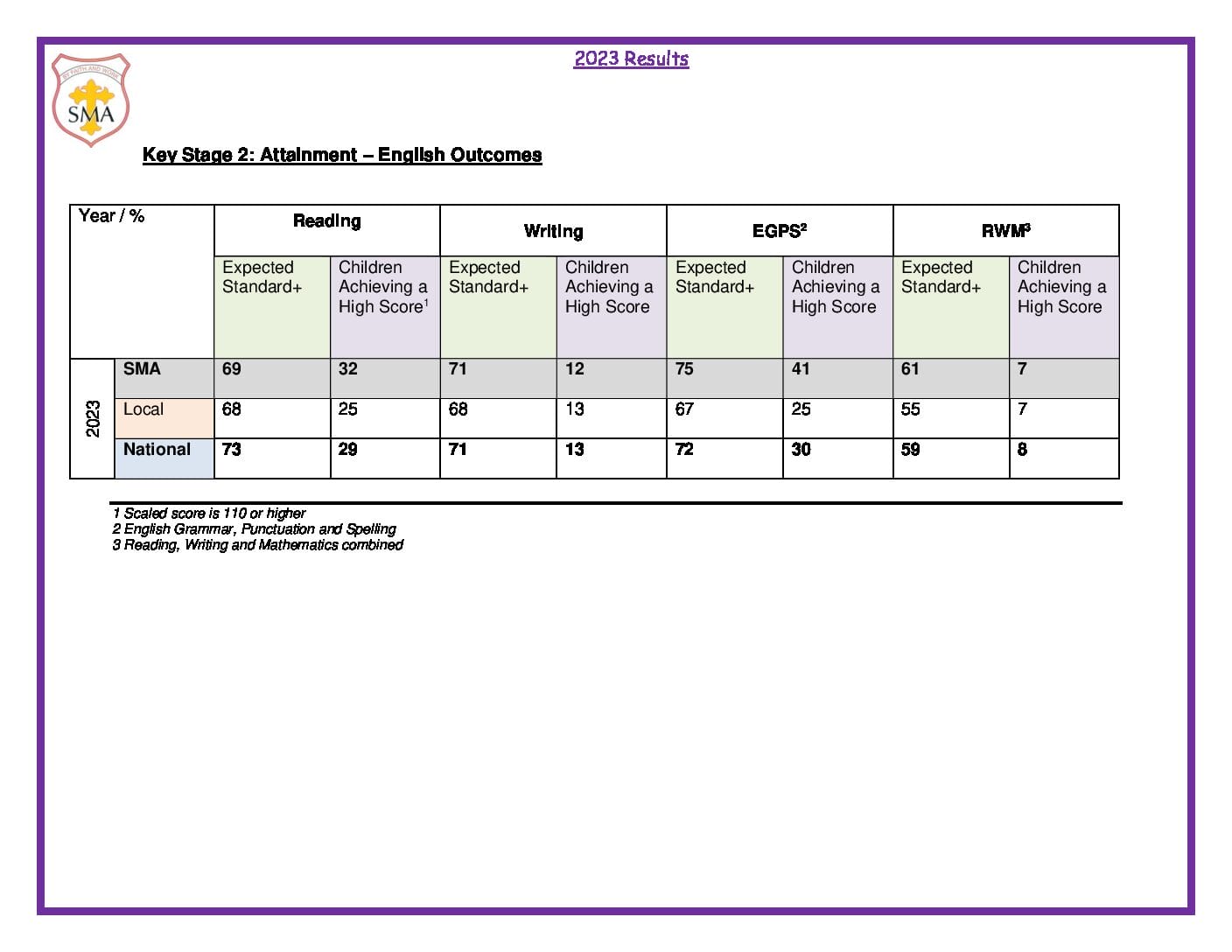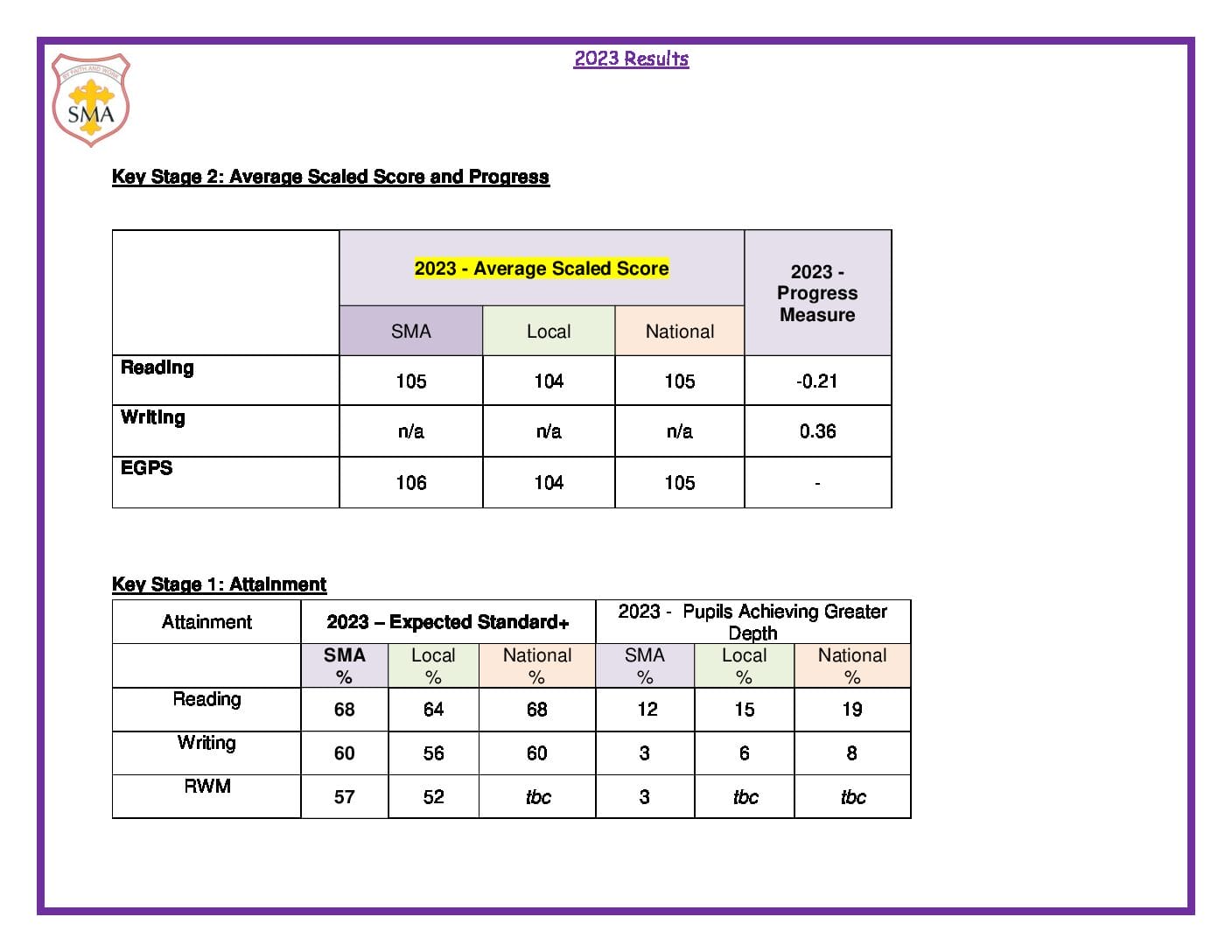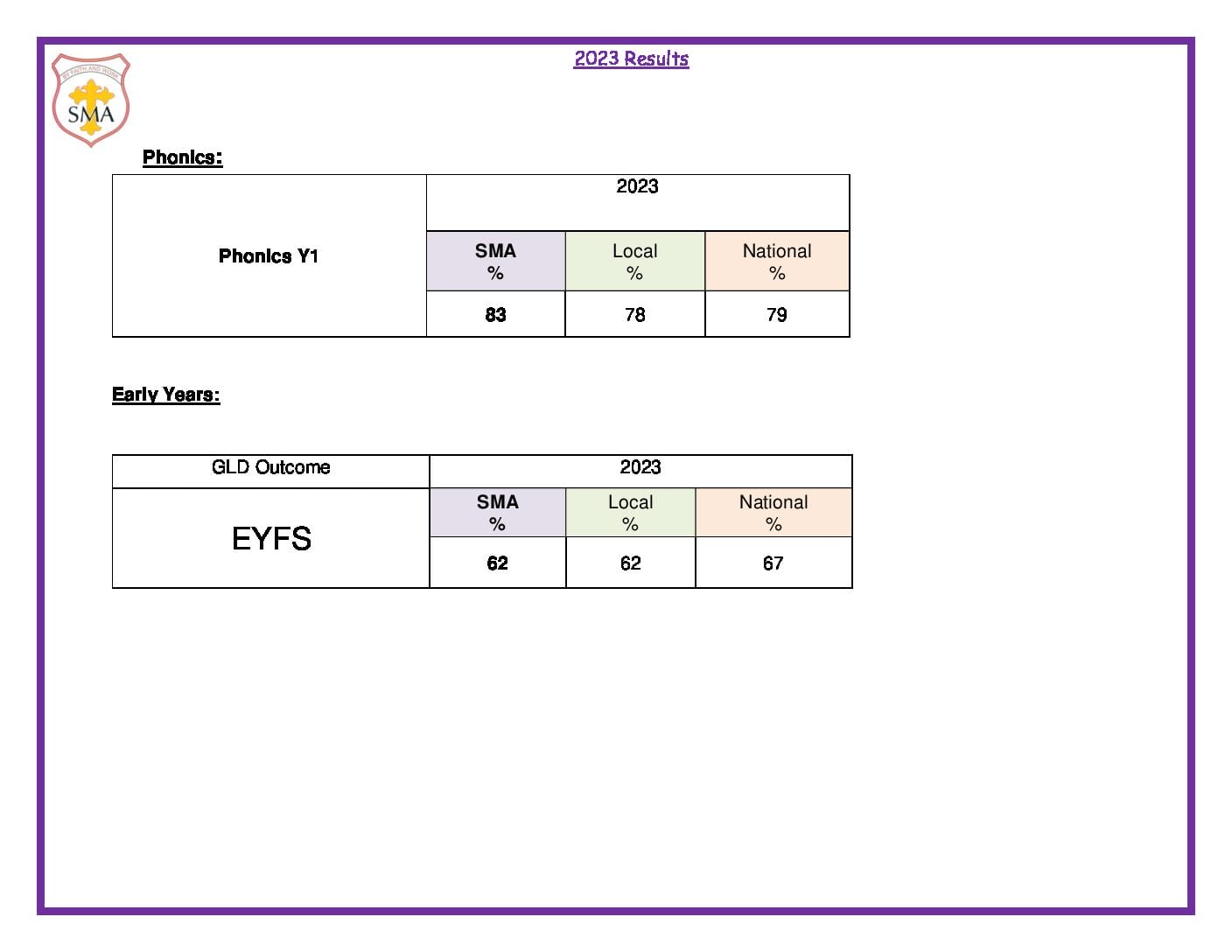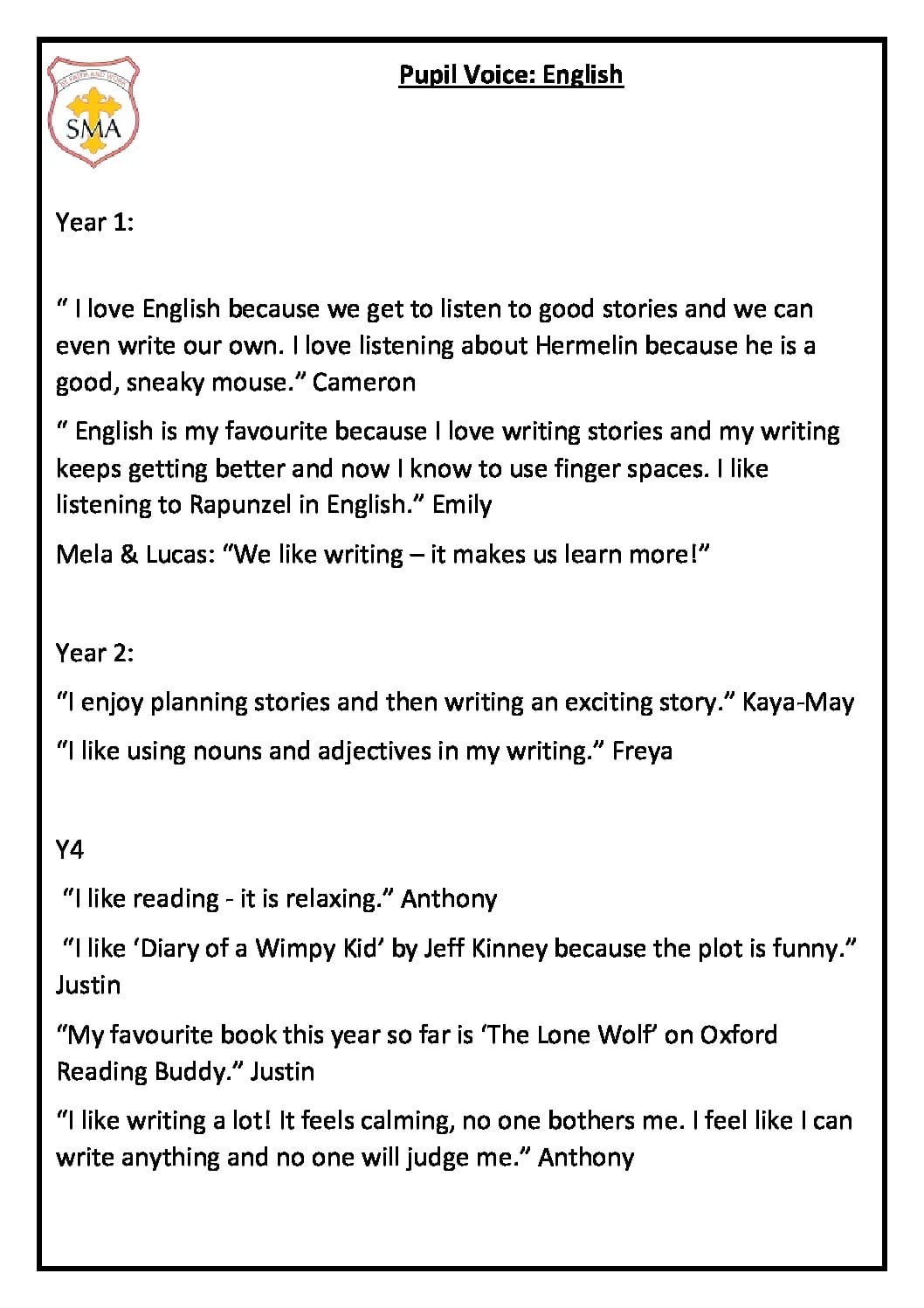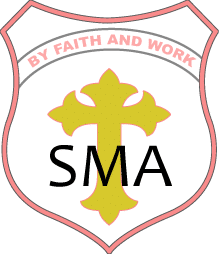English
Intent
At St. Margaret’s Anfield CE Primary School, we value the importance of English as a core subject within our curriculum and are fully aware of the significant impact that good literacy skills can have on our children and their lives.
It is our aim to promote and develop a love of English – via speaking, listening, reading and writing – in order to develop pupils who are capable of communicating independently with others. We therefore endeavour to make English a high priority within all aspects of school-life in order to enable our pupils to become primary literate.
We follow the National Curriculum Programmes of Study for English in conjunction with the Literacy Counts ‘Read to Write’ in order to facilitate and plan age appropriate, challenging tasks for the children in our school and to enable high quality teaching and learning to take place.
English lessons can take many different forms: oral-based lessons, reading activities, English Grammar, Punctuation and Spelling tasks as well as written work. Pupils will have the opportunity to work independently, in pairs, in small groups, with the teacher and with the whole class depending on their age and the task in hand. Children are taught in mixed ability classes and will have differentiated work where appropriate.
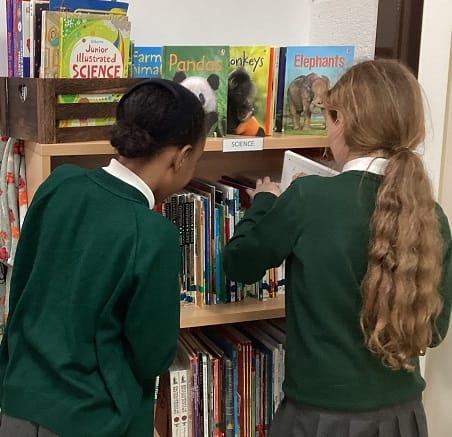

Implementation
Speaking and Listening:
The importance of the spoken language in the development of all pupils is recognised here at SMA. Pupils are given the opportunity to discuss their work. Questioning is fundamental to aiding the development of not only speaking and listening skills, but also written work. We have termly Oracy homework, and having completed the Voice 21 Oracy project as a school, we keep Oracy high profile within SMA.
Reading:
We have a strong reading culture in school and take every opportunity to celebrate the love of reading – whether it be World Book Day or city-wide ‘readathons’.
We have fully decodable home reading books in line with our Read Write Inc systematic synthetic Phonics programme as well as a large selection of other books which can challenge pupils at their appropriate level.
Pupils in EYFS, KS1 and KS2 where required, take part in daily Phonics sessions at their appropriate level. Once ready, they move onto a comprehension approach to reading. (Please see our separate section on Phonics.)
Children will be exposed to a variety of quality texts during their time at SMA and reading will feature not only as part of their English lessons, but also as part of their separate whole class Guided Reading Comprehension sessions with the class teacher which take place four times a week in KS2 and when applicable in KS1.
We ask all parents / carers to support our drive for developing reading skills by reading with your children at home. For more information on how to support your child with their reading, please click here.
Children are encouraged to read for pleasure and teachers share stories with our children for sheer enjoyment.
Writing:
In school we focus on the development of both transcription (spelling and handwriting) and composition. We aim to give children authentic contexts for writing and utilise opportunities to write across other curriculum subjects. Good quality texts in line with our Literacy Counts programme and a range of media are employed by teachers to inspire and motivate children’s writing. All attempts at writing are valued.
Grammar, Punctuation, Spelling and Vocabulary:
The importance of grammar, punctuation, spelling and vocabulary cannot be underestimated. We recognise the importance of using a variety of approaches to the development of spelling including multi-sensory tasks, phonics, investigations, mnemonics and so on.
Grammar, punctuation and spelling can be taught both as discrete sessions and as part of a wider context in an English lesson. Literacy Counts ensures this is built into the sequence of lessons for each unit. Teachers are encouraged to enhance pupils’ vocabulary through writing and reading opportunities. Staff model – and pupils are taught – Standard English.
We have weekly ‘Words of the Week’ which children are challenged to find out about, and use within their talk and written work. We often focus on Tier 2 vocabulary.
Handwriting:
To ensure that children’s work is able to be appreciated, legible handwriting is of great importance. Initially children are taught to print, using the Read Write Inc handwriting formation and patter, they are then taught and encouraged to use joined handwriting when appropriate. Pupils begin using pencil and are given a handwriting pen in KS2 at an appropriate time.
Fluency in the English language is an essential foundation for pupils across all curriculum areas and for their future lives. We aim to deliver quality teaching of basic and higher order skills to develop a strong command of both the written and spoken word, but fundamentally we want children to enjoy English and develop a love of reading and a confidence in communication.
Impact
The impact of our English curriculum at St Margaret’s is measured in a variety of ways. This leads to us refining and improving in order to constantly strive to provide the best teaching and learning opportunities for out pupils.
We measure the impact of our intent and implementation in a variety of ways including:
- Learning walks
- Monitoring of books and reading files
- Lesson observations
- Pupil voice
- Staff voice
- Termly NFER summative assessments (relevant year groups only)
- Ongoing formative assessments
- National standardised assessments (relevant year groups only)
- SLT and staff curriculum review and monitoring
